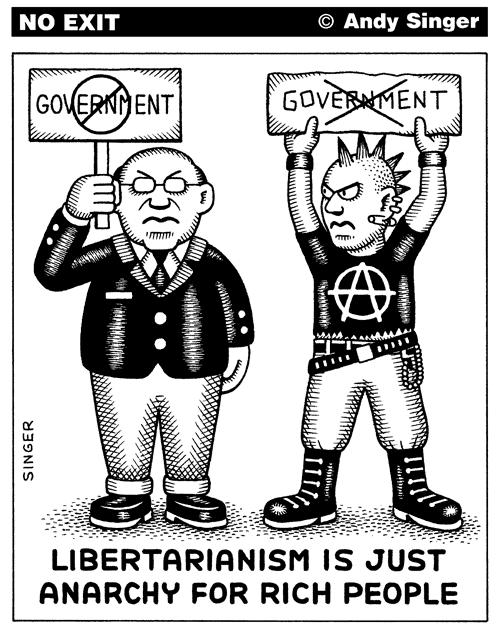Sometimes federal government programs are good, and sometimes they are not so good. Howard Crooke, who worked for the United States Department of Agriculture in Orange County during the Great Depression, describes some problems created by the AAA (Agriculture Adjustment Administration) in the 1930s.
The purpose of the AAA was to “help the farmers out financially...in the Depression years when farm income was at a very low level.” However, one problem with imposing a top-down program on very diverse local economies and types of agriculture is that one size does not always fit all.
In a program to help farmers conserve soil, the Federal Government created a program to pay subsidies to farmers who planted “cover crops” to protect their soil. The problem, however, was that farmers were already doing that without being told to. Crooke recalls, “The citrus growers in Orange County had been growing cover crops for years as they had found it was a good farming practice. Here, all at once, they were getting paid for doing what they had been doing all along.”
One could argue that the “cover crops” subsidy was just an excuse to help the farmers out financially, but Crooke believes it was a giant waste of money.
As I’ve discussed before, there are some good federal programs, like the VA (Veteran's Association) and Medicare and FAFSA (college grants program). But the problem, in general, with federal programs, is that they have a “one size fits all” mentality. That was the problem, for example, with the “No Child Left Behind” education program of the early 2000s. Applying a federal mandate to something as diverse and interpersonal as education is, in my opinion, seriously misguided.
Federal Programs, being the product of intense lobbying and wildly diverse special interests and the desire by politicians to look good, are often compromised and suspect. It seems that, for a federal government program to be successfully applied, it must be administered locally, so that local people who understand the local culture and economy can best determine how to get the most “bang” for Uncle Sam’s buck. Whether or not that would actually work is another question entirely. The more I learn, however, the more I think the the future lies in localization. Does that make me an anarchist? Dictionary.com defines anarchy as "a theory that regards the absence of all direct or coercive government as a political ideal and that proposes the cooperative and voluntary association of individuals and groups as the principal mode of organized society." Holy shit! That sounds like the Tea Party! I'm so confused.

